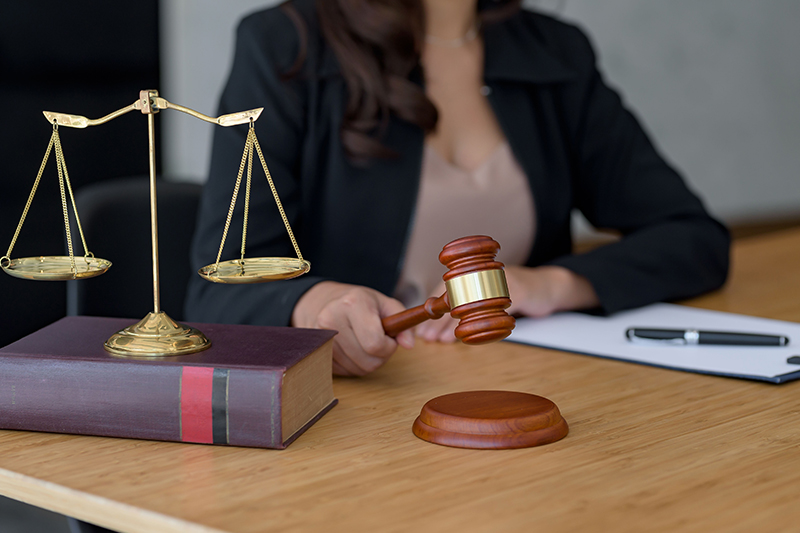Lump Sum Payments for Shoulder Injury—Best Practices to Get One in Florida
When looking at occupational hazards that can affect workers across all industry sectors, shoulder injuries rank fifth among the most common reasons for filing a
How to Track Your Settlement Check & What To Expect From The Post-Settlement Process
You breathe a sigh of relief. You’ve been informed that you’ve won your personal injury lawsuit and will receive compensation in the form of a
5 Reasons Your Workers Comp Case Is Going to Trial
In the wake of a workplace injury, grappling with the physical, emotional, and financial toll of your accident is nothing short of stressful.
Florida Workers Comp Settlement Chart – the 2023- Ready Edition
Workers’ compensation is a crucial aspect of the legal system that ensures employees receive fair compensation for injuries sustained
Foreseeable Zone Of Risk According To Florida Laws
If you have suffered an injury in Florida due to someone else's negligence, you may be entitled to compensation for your damages.
Workers Comp Judge Decision in Florida – Know What to Look For
When a workers compensation claim is denied, individuals in Florida have the right to file an appeal and present their case before a judge.














